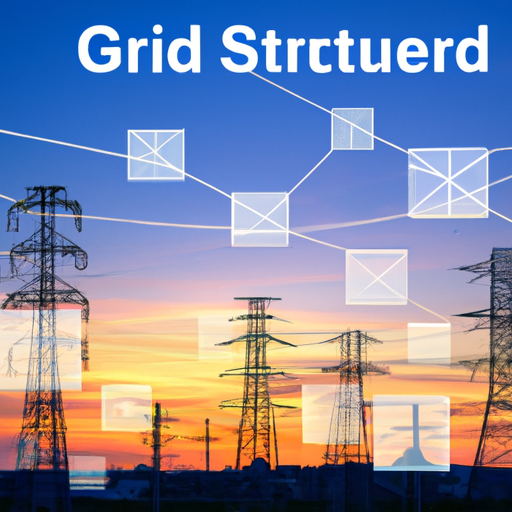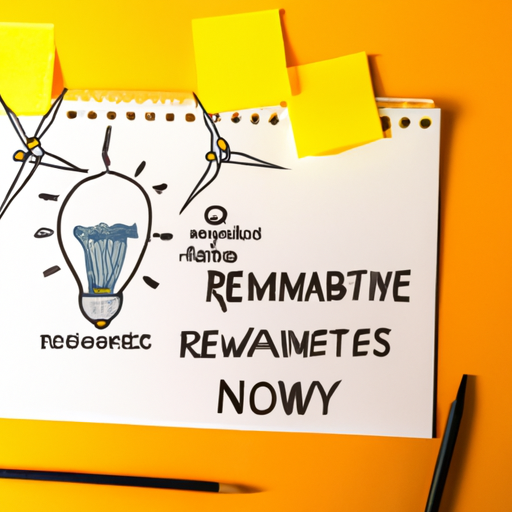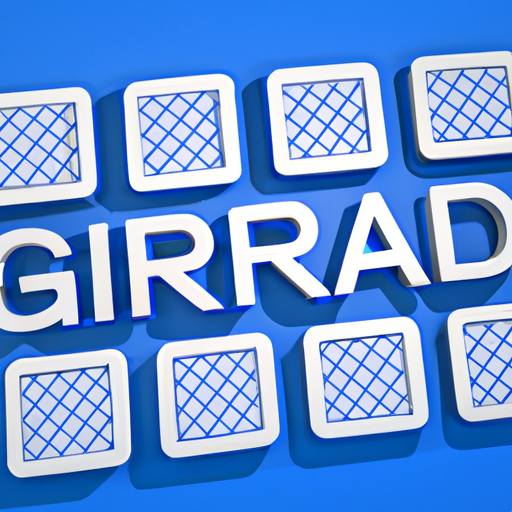The energy sector is undergoing a significant transformation, and at the forefront of this change is the Smart Grid. This innovative technology enhances the efficiency, reliability, and sustainability of power distribution systems. But what exactly is a Smart Grid, and why is it important? In this post, we will delve into the various aspects of Smart Grids and their impact on our future.
What is a Smart Grid?
A Smart Grid is an electricity supply network that uses digital technology to monitor and manage the transport of electricity from all generation sources to meet the varying electricity demands of end users. It integrates traditional power systems with advanced communication, automation systems, smart meters, and the Internet of Things (IoT) for better energy management.
Benefits of Smart Grids
- Increased Efficiency: Smart Grids allow for two-way communication between the utility and its customers, optimizing energy distribution and reducing waste.
- Enhanced Reliability: With real-time monitoring and rapid problem detection, Smart Grids can quickly respond to outages and reduce downtime.
- Integration of Renewable Energy: As the world shifts towards sustainable energy sources, Smart Grids facilitate the integration of solar, wind, and other renewable energy options into the existing infrastructure.
- Reduced Energy Costs: Through demand response programs and real-time pricing, customers can save on their electricity bills while helping to stabilize the grid.
How Smart Grids Work
By leveraging advanced technologies, such as smart meters and sensors, Smart Grids continuously gather data about energy consumption and delivery. This data is analyzed to optimize performance, predict energy demand, and enhance overall system reliability.
Key Components of Smart Grids
- Smart Meters: These devices provide real-time data to consumers, allowing them to track their energy usage efficiently.
- Advanced Sensors: Deployed throughout the grid, they monitor system health and detect issues instantly.
- Energy Management Systems: Software that analyzes data and automates responses to improve efficiency.
- Communication Networks: Ensures seamless communication between devices and the utility company.
Challenges in Implementing Smart Grids
Despite their many benefits, the implementation of Smart Grids faces several challenges:
- High Initial Costs: Upgrading infrastructure and installing new technologies can be expensive.
- Cybersecurity Risks: With increased connectivity comes the risk of cyber-attacks on critical energy infrastructure.
- Regulatory Hurdles: Navigating the regulatory landscape can be complex and slow down adoption rates.
Conclusion
Smart Grids represent a pivotal advancement in energy distribution, integrating modern technologies to create a more efficient, reliable, and sustainable power system. By embracing this technology, we can pave the way for a more environmentally friendly future and enhance the overall resilience of our energy infrastructure.
Call to Action: Interested in learning more about how Smart Grids can impact your community? Subscribe to our newsletter for updates on renewable energy innovations!







